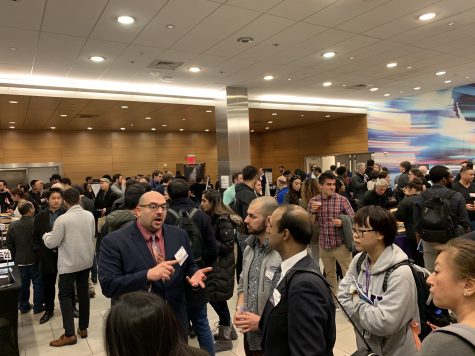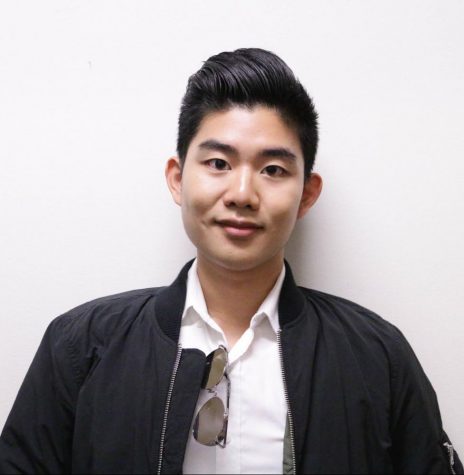Website games seek to revolutionize job search
In a reinvention of the standard career aptitude tests many high school students take, a New York-based group has launched an interface called pymetrics. Co-founded by Frida Polli and Julie Yoo, the program could make it easier for students to discover fields in which they would be successful.
“Think of pymetrics as any other platform that recommends things to you,” Polli said. “People should use it as a tool for exploration, a tool for expanding their horizons.”
Pymetrics uses a set of 12 games to test one’s cognitive, emotional and social traits. One game shows the user facial expressions and then asks what emotion the face expressed. The test-takers play the games, and their performance creates a character profile that assesses their best career fit. Similarly, companies can use the tool to find candidates well-suited for their positions.
For Polli, her own uncertainty when it came to choosing a career path inspired her to develop pymetrics.
“I think that the tools out there were fine, but they were measuring more what I was interested in than what I might be naturally good at,” Polli said.
CAS freshman Alice Zhu said NYU students, particularly those who are undecided on their majors and career paths, could use pymetrics as a tool in shaping their future plans.
“It measures everything related to one’s career performance,” Zhu said. “As someone who is undecided about her major, I think pymetrics would be a great tool to help me find my niche.”
Polli stressed how pymetrics can offer one a fresh perspective and expose one to new career options.
“Students could use pymetrics as a tool for career assessment and companies could find talent that match them,” Polli said.
Gallatin sophomore Kimberly Wang said pymetrics can also serve as a guide for those who have more concrete future plans.
“As someone who plans to pursue further education in the brain sciences, I definitely appreciate the concept,” Wang said. “I would take [pymetrics’ results] into consideration, but I would also try to think about my future on my own.”
For many, though, the routes to their careers were not necessarily well-planned.
“I have to say that choosing my career was not a straight path at all, and it is possible that a series of games like the one described could be helpful to me a long time ago,” biology professor Stephen Small said. “I really have no idea how accurate these sorts of predictors are, but I guess one great outcome is that taking such a test might make people think carefully about careers that they may never have considered.”
A version of this article appeared in the Thursday, Sept. 18th print edition. Email Dhriti at [email protected].



























































































































































